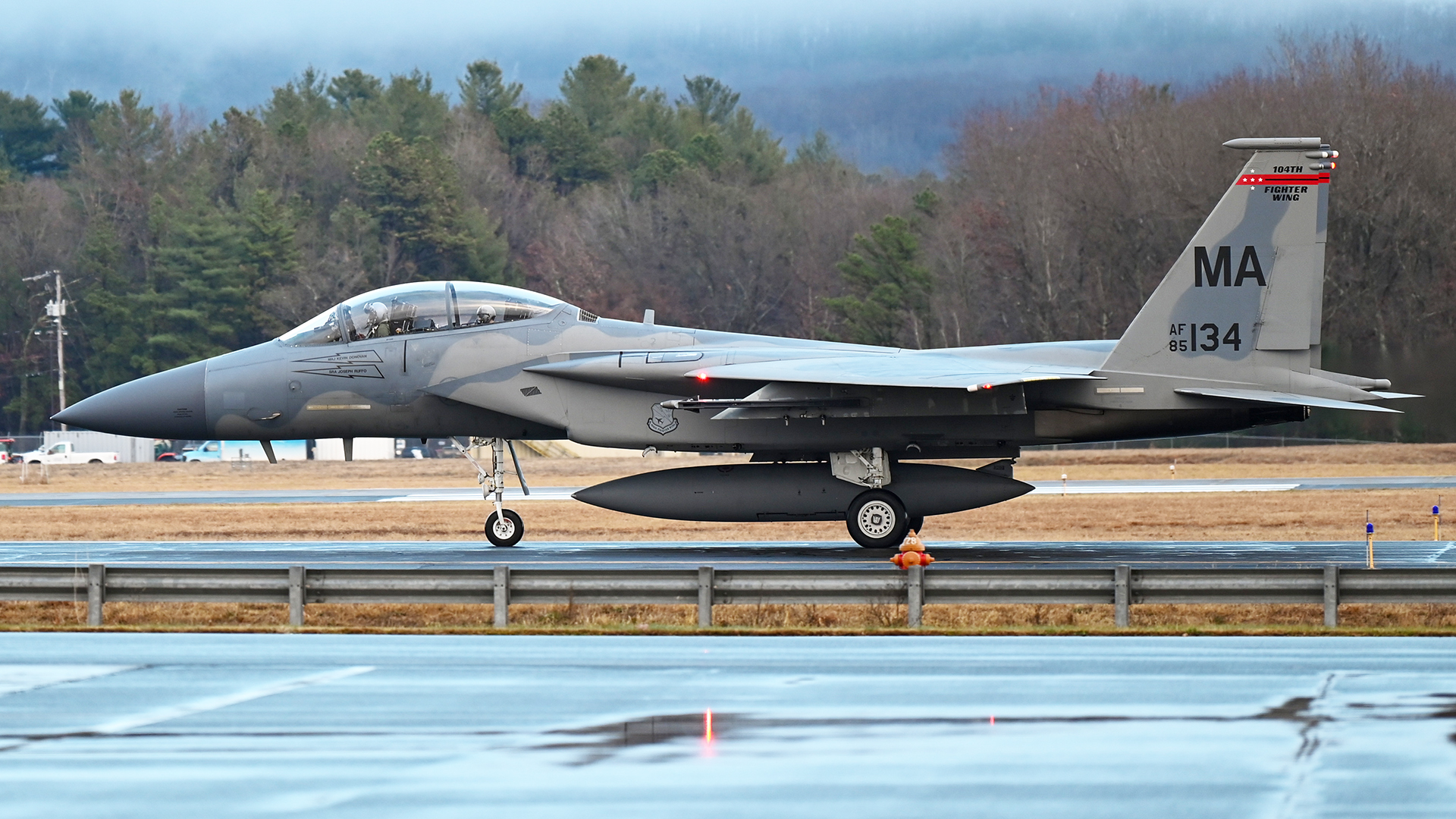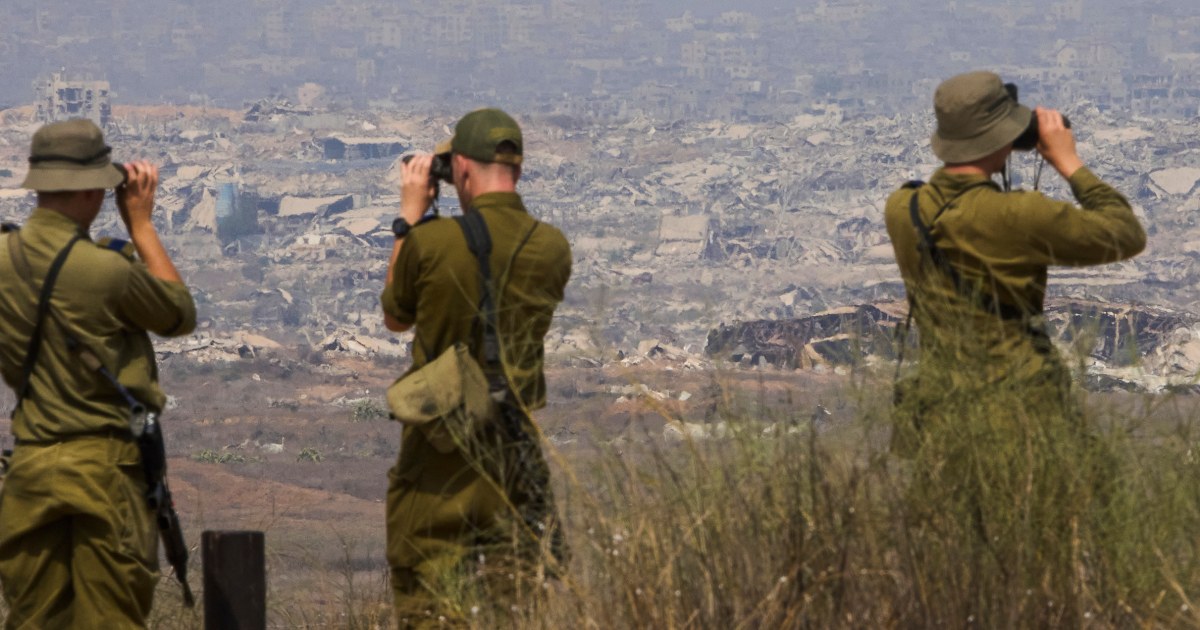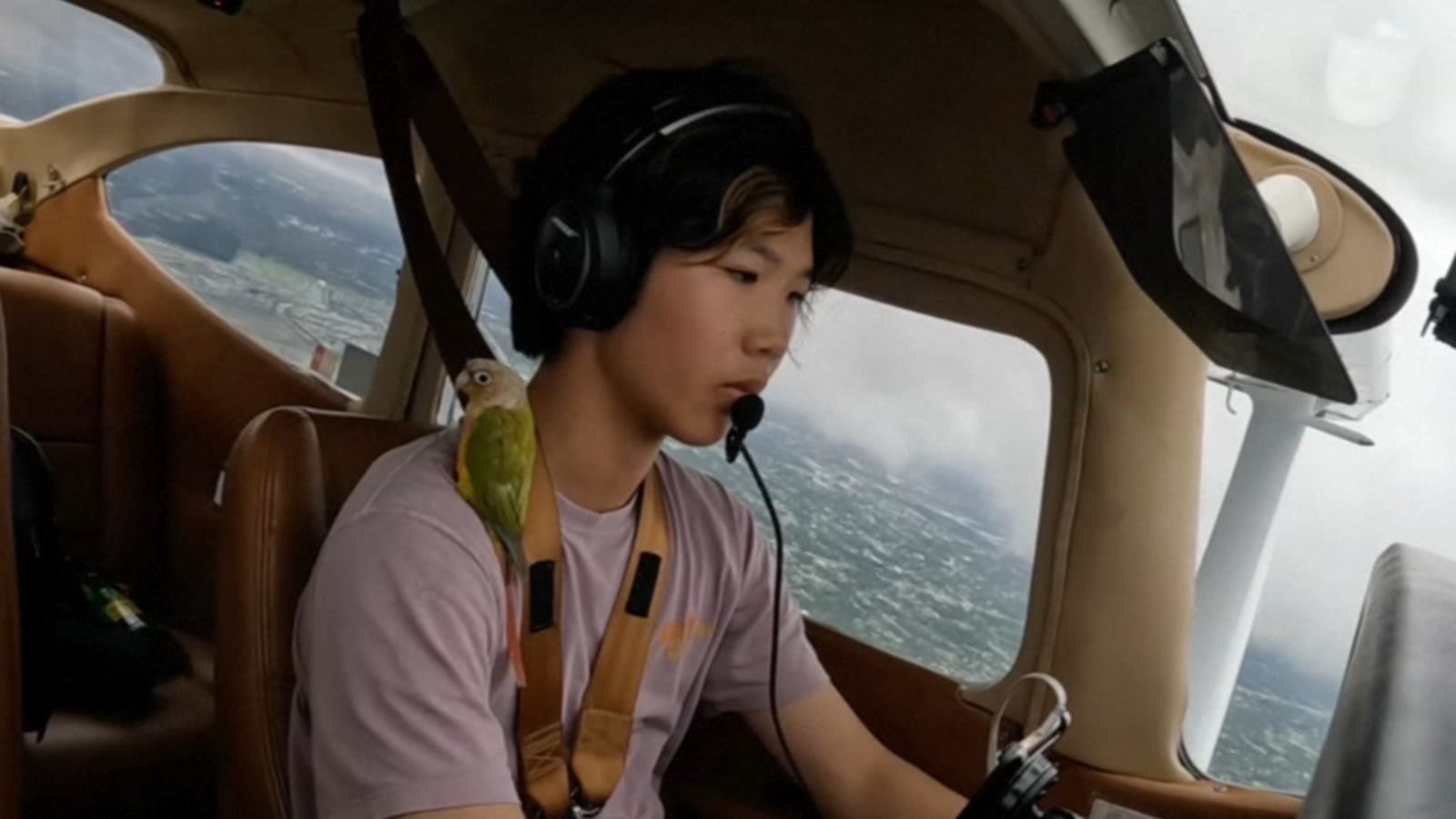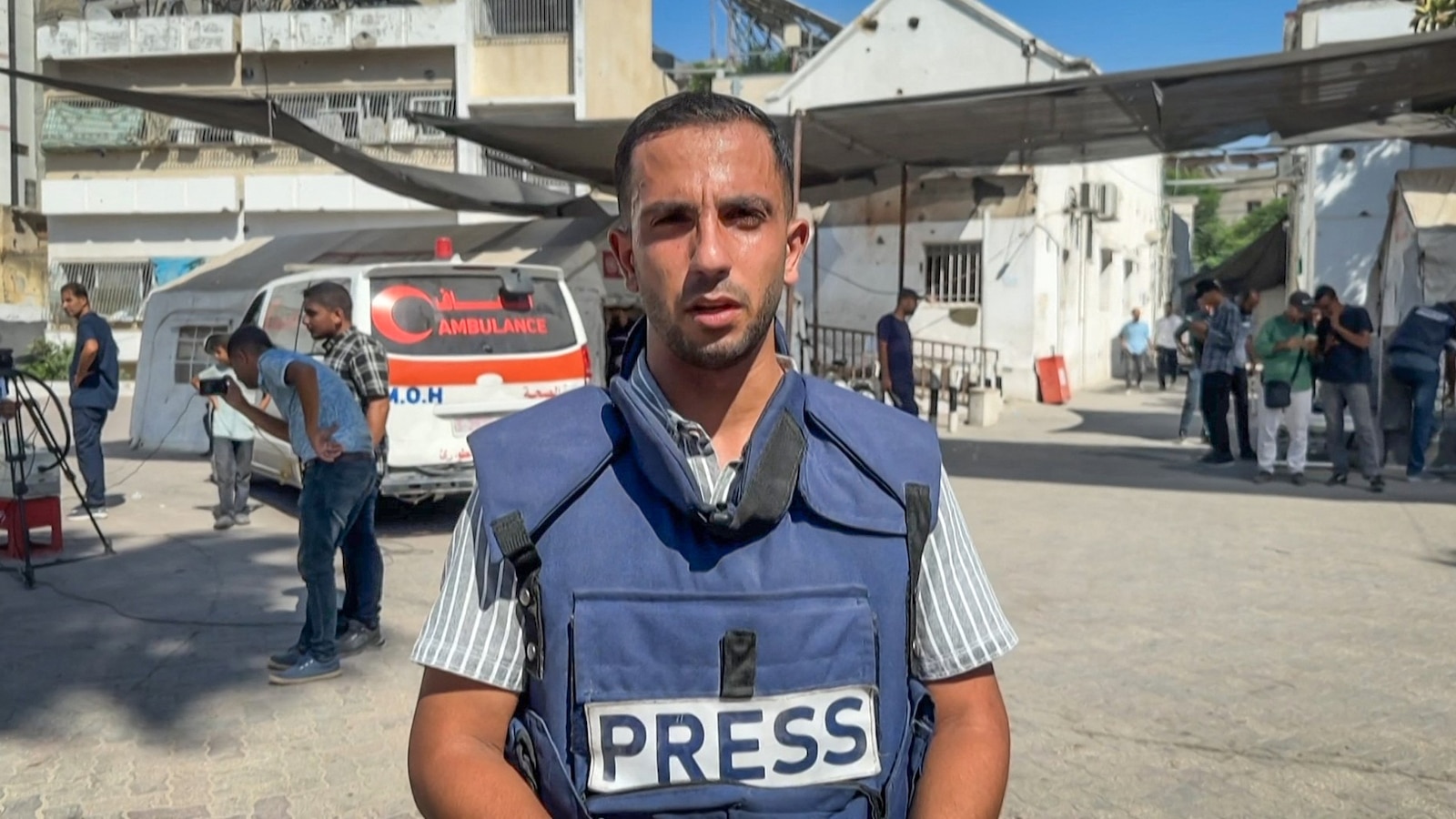Escalating Tensions: India and Pakistan Exchange Strikes Amid Heightened Conflict
ISLAMABAD, Pakistan (AP) — In a significant escalation of military hostilities, Pakistan has accused India of launching missile strikes against three air bases within its territory on Saturday. The Pakistani military reported that despite the attacks, most of the incoming missiles were intercepted successfully, and in response, they initiated retaliatory strikes targeting Indian military installations.
This latest confrontation follows a tragic incident last month, where a terrorist attack in India-controlled Kashmir resulted in the deaths of 26 civilians, predominantly Hindu tourists, on April 22. India holds Pakistan responsible for the incident, alleging that the country provided support to the assailants, a claim Islamabad vehemently denies.
According to military officials, Pakistan’s response involved the use of medium-range Fateh missiles aimed at an Indian missile storage facility as well as air bases located in Pathankot and Udhampur. However, it is important to note that independent verification of the actions claimed by both nations remains unattainable.
Lt. Gen. Ahmad Sharif, the spokesperson for the Pakistani Army, asserted that the country’s air force assets remained safe from Indian strikes. He further reported that some missiles launched by India had also struck targets within its own eastern Punjab region. “This is a provocation of the highest order,” Sharif remarked, reflecting the heightened tensions, though there was no immediate response from Indian officials.
In response to these developments, Prime Minister Shehbaz Sharif convened a meeting of the National Command Authority, the governing body responsible for overseeing Pakistan’s missile program and strategic assets. This step signifies the seriousness with which Pakistan is addressing the recent escalation.
In a bid to de-escalate the situation, U.S. Secretary of State Marco Rubio engaged in a conversation with Pakistan’s Army Chief, Asim Munir, on Friday. State Department spokesperson Tammy Bruce indicated that Rubio emphasized the need for both parties to seek ways to ease tensions and extended an offer of U.S. assistance to facilitate constructive dialogue to prevent further conflicts.
This call for restraint came just ahead of Saturday’s missile attacks by India, which purportedly targeted several military bases including the Nur Khan air base in Rawalpindi, near Islamabad, alongside the Murid and Rafiqui air bases located in Chakwal and Jhang district of Punjab province, respectively.
Following the Indian missile strikes, local police in Rawalpindi were seen clearing vehicles and civilians from the vicinity of the Nur Khan airbase. However, the area remained inaccessible to media personnel, and there were no immediate reports from residents regarding the strikes or their aftermath.
In Indian-controlled Kashmir, residents reported hearing loud explosions across various locations, notably in the prominent cities of Srinagar and Jammu, as well as in the garrison town of Udhampur. Shesh Paul Vaid, a former senior police official in Jammu, described the situation, saying, “Explosions that we are hearing today are different from the ones we heard the last two nights during drone attacks. It looks like a war here.”
As the conflict escalated, Vaid noted that explosions appeared to target areas near military installations, leading to heightened anxiety among residents. Some neighborhoods, particularly those close to the airport in Srinagar, experienced disturbances from the sound of explosions and fighter jets overhead. Mohammed Yasin, a local resident, shared his experience, stating, “I was already awake but the explosions jolted my kids out of their sleep. They started crying.”
Praveen Donthi, a senior analyst at the International Crisis Group for India, characterized the current situation as akin to war, despite the absence of an official declaration. “It’s become a remorseless race for military one-upmanship with no apparent strategic end goals from either side,” Donthi commented, highlighting the increasing civilian casualties and the complexities of finding a peaceful resolution.
The Indian Army reported that it successfully intercepted multiple armed Pakistani drones that were spotted over military cantonments in Amritsar on Saturday morning. An official statement declared, “Pakistan’s blatant attempt to violate India’s sovereignty and endanger civilians is unacceptable.”
In Pakistan, the civil aviation authority responded by grounding all flight operations across the country, prompting expressions of support for the military among city residents. Muhammad Ashraf, a local in Lahore, expressed relief, saying, “Thank God we have finally responded to Indian aggression.”
As the skirmishes continued, the Indian military indicated that drones were detected flying over 26 different locations within states bordering Pakistan and Indian-controlled Kashmir, stating that these drones had been tracked and engaged.
Meanwhile, Indian paramilitary soldiers maintained a presence in Srinagar, ensuring security as the region braced for any further developments. An official statement affirmed, “The situation is under close and constant watch, and prompt action is being taken wherever necessary.”
The ongoing exchanges of fire and strikes between India and Pakistan have resulted in civilian casualties on both sides, raising alarms internationally. The Group of Seven (G7) nations urged both countries to exercise “maximum restraint” and cautioned that further military escalation could pose a serious threat to regional stability.
____
AP journalist Hussain reported from Srinagar, India. Additional contributions to this report were made by Rajesh Roy in New Delhi, Babar Dogar in Lahore, Asim Tanveer in Multan, and Riaz Khan in Peshawar.




























